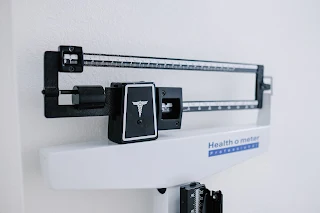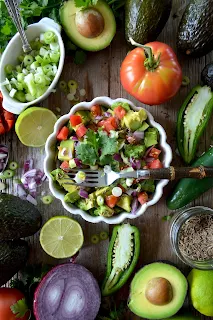
Weight Management: Achieve and Maintain a Healthy Weight
Weight management refers to the process of maintaining a healthy weight through a balanced diet, regular physical activity, and lifestyle choices. Achieving and maintaining a healthy body weight helps prevent chronic diseases and promotes overall health and well-being.
Why Weight Management is Important
Maintaining a healthy weight reduces the risk of heart disease, type 2 diabetes, and certain cancers. It also improves energy levels, mood, self-esteem, and overall quality of life. Weight management can help avoid weight-related discrimination and stigma, improving mental health and well-being.
Factors Affecting Weight Management
- Genetics: Some individuals may be more predisposed to gaining weight or have difficulty losing weight due to genetics, metabolism, and hormonal factors.
- Lifestyle choices: Diet, physical activity, and sleep patterns greatly influence weight management.
- Environmental factors: Accessibility to healthy food and opportunities for physical activity impact weight management.
- Medical conditions: Certain health conditions, such as hypothyroidism and PCOS, or medications can make weight management challenging.
Strategies for Effective Weight Management
Healthy Eating Habits
- Balanced Diet: Focus on nutrient-dense foods like fruits, vegetables, whole grains, lean proteins, and healthy fats.
- Portion Control: Use smaller plates and measure servings to avoid overeating.
- Reduce Processed Foods: Limit high-calorie and processed foods, opting for whole, unprocessed alternatives.
- Increase Fiber: Incorporate more fruits, vegetables, and whole grains to support digestion and reduce overeating.
- Food Diary: Track your food intake to stay mindful of your eating habits.
Regular Physical Activity
- Exercise for Weight Management: Aim for at least 150 minutes of moderate-intensity aerobic exercise weekly, along with strength training.
- Types of Exercises: Include both cardio (e.g., walking, cycling) and strength training (e.g., weightlifting) for optimal results.
- Consistency: Make exercise a routine by finding activities you enjoy and sticking to them.
Adequate Sleep for Weight Management
Lack of sleep can lead to weight gain by affecting hormones that regulate hunger. Aim for 7-9 hours of sleep per night to support your weight management efforts.
Stress Management
Chronic stress raises cortisol levels, which can lead to weight gain. Techniques like meditation, mindfulness, exercise, and hobbies can help manage stress effectively and support weight management.
By combining a balanced diet, regular exercise, adequate sleep, and stress management, individuals can achieve long-term success in maintaining a healthy weight.














